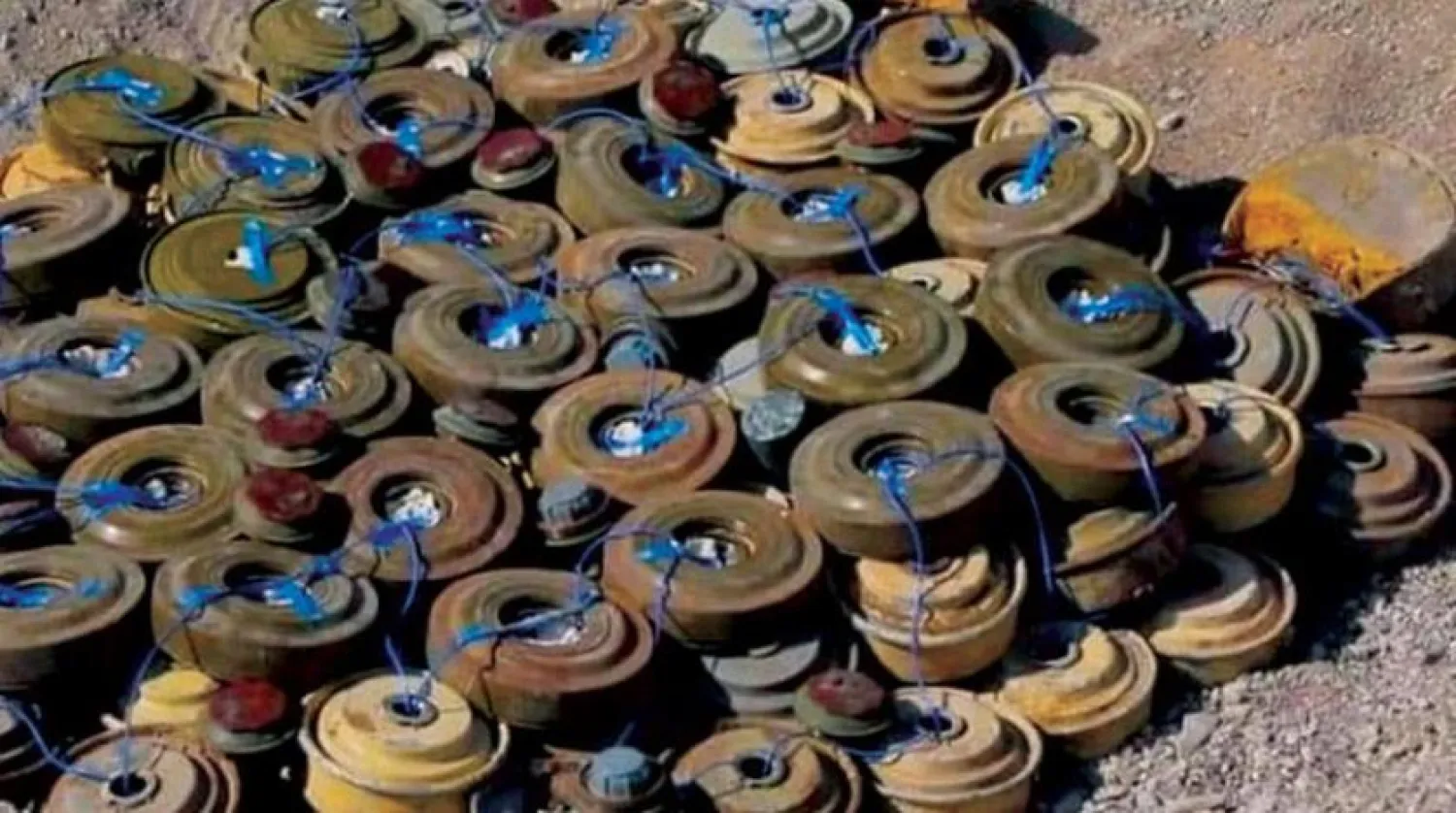The Saudi Project for Landmines Clearance in Yemen (MASAM) announced on Sunday that it cleared nearly 1,000 mines planted by the Houthi militia in Yemen this month.
“A total of 998 mines” planted by the Houthis across Yemen, “including 677 anti-tanks and 321 unexploded ordnance” were dismantled during the first week of May, said the King Salman Humanitarian Aid and Relief Center (KSrelief) de-mining project.
It added that since the beginning of the project, as many as 336,891 mines have been dismantled.
Meanwhile, the Prosthetic Limbs Center project in Marib governorate has provided various medical services to Yemeni people who lost their limbs.
During the month of April, 2,905 services were provided to 404 beneficiaries, 86 percent of them males, 14 percent females, 89 percent displaced persons, and 11 percent residents.
The services included the manufacture, installation and rehabilitation of prosthetic limbs for 237 patients, including the delivery, measurement and maintenance of the limbs.
Physiotherapy services were also provided to 167 beneficiaries, including physical therapy sessions and specialized consultations.
Also, KSrelief’s project of enhancing preliminary healthcare and administrating malnutrition cases offered medical and nutrition services to 122,621 beneficiaries during March.
The project offers services of inspection and treating malnutrition cases among children, infants and pregnant and nursing mothers, including community health that includes initial diagnosis for general diseases for all age categories and providing them with proper treatment.
Meanwhile in the Hajjah governorate, Al-Jadah Health Center clinics said that between April 13 and 19, it received 3,238 patients with various health conditions and provided them with necessary health services. The clinics also provided 963 individuals with medications.
This is part of the projects offered by the Kingdom, represented by KSrelief, to alleviate the suffering of the Yemeni people in light of the current humanitarian crisis.









